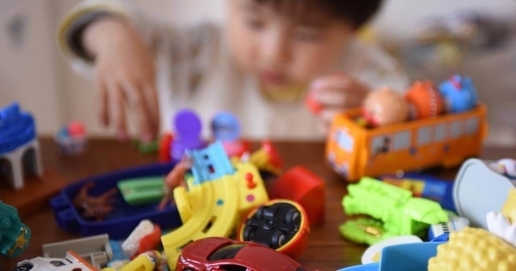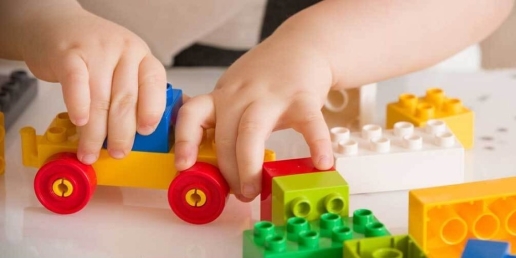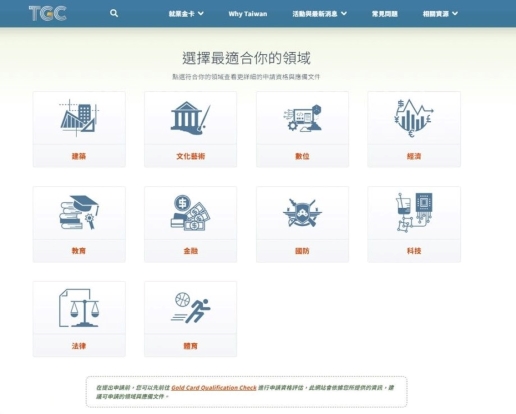Parents often face a dilemma when faced with the high cost of baby and toddler items. While they want to provide the best for their child, the hefty price tags on toys and essentials can strain their budget. Fortunately, the rise of the sharing economy offers a solution: renting baby items and toys. This approach is not only economical but also helps parents discover the items that best suit their child's needs.
Providing the best care for a child without adding to the family's financial burden is a common parental goal. From cribs and strollers to walkers, safety fences, and car seats, the initial costs of essential baby gear can be substantial, especially considering how quickly babies grow and how short the use period often is. Renting allows parents to try out products and determine if a purchase is necessary before committing.
A mother named Lin, whose daughter is two years old, shared her experience renting a newborn infant's pacifier lounger. At less than 600 RMB per month, it was a very cost-effective option, especially for items used for a short time. She even found renting preferable in some instances, as she inadvertently lost the power adapter for the rented high chair. After calculating the cost, she decided to purchase it, saving herself further hassle.
Before renting, parents should carefully review the rental agreement, payment terms, and cleaning policies. Seeking out businesses with physical stores is recommended so parents can inspect the condition of the items in person, ensuring a greater degree of security for all parties.
For pre-school-aged children, toys are not just entertainment but also valuable tools for developing learning abilities and concentration. Children's preferences and needs for toys vary greatly depending on their developmental stage. Renting toys satisfies a child's curiosity and exploration without the significant expense of purchasing an overwhelming number of toys that may quickly lose appeal. This approach reduces financial pressure and allows children to learn through play, fostering the development of various interests.
When renting toys, selecting age-appropriate options is crucial. Safety and durability are important considerations, along with whether the toy can stimulate creativity and teamwork skills. By observing a child's engagement with various toys, parents can identify their preferred types and guide their development. However, in a child's active learning phase, the hygiene of toys is equally important. The risk of contamination from bacteria such as E. coli and Staphylococcus aureus should be carefully considered.
Wooden toys, in particular, can be prone to cracking or mold if not cleaned properly. When renting, parents should confirm the cleaning procedures, inquire about hygiene standards, and review any relevant inspection reports to ensure the toys are safe and clean for their children. Renting toys allows observation of children's preferences, stimulates creativity and cooperation skills, and fosters learning and concentration. (Photo / Heho)
Renting toys allows observation of children's preferences, stimulates creativity and cooperation skills, and fosters learning and concentration. (Photo / Heho)
Facing rising childcare costs, renting baby items and toys is a modern solution. This method alleviates financial burdens and offers flexibility to adapt to the changing needs of a growing child. Parents can save money and allocate resources to important educational and relational aspects of a child's upbringing.
The rise of the sharing economy has spurred numerous companies and platforms to offer rental services specifically for babies and toddlers. Parents can easily acquire various suitable baby items by subscribing to monthly rentals, avoiding the waste of unused items. This rental approach also promotes environmental sustainability by reducing the number of discarded or unused items.
Whether seeking to trial a new product or discover a child's interests, renting baby items and toys is an excellent option for families today. This approach not only simplifies meeting a child's developmental needs but also creates more opportunities for enjoyable parent-child time.
Source: MamaBaby







